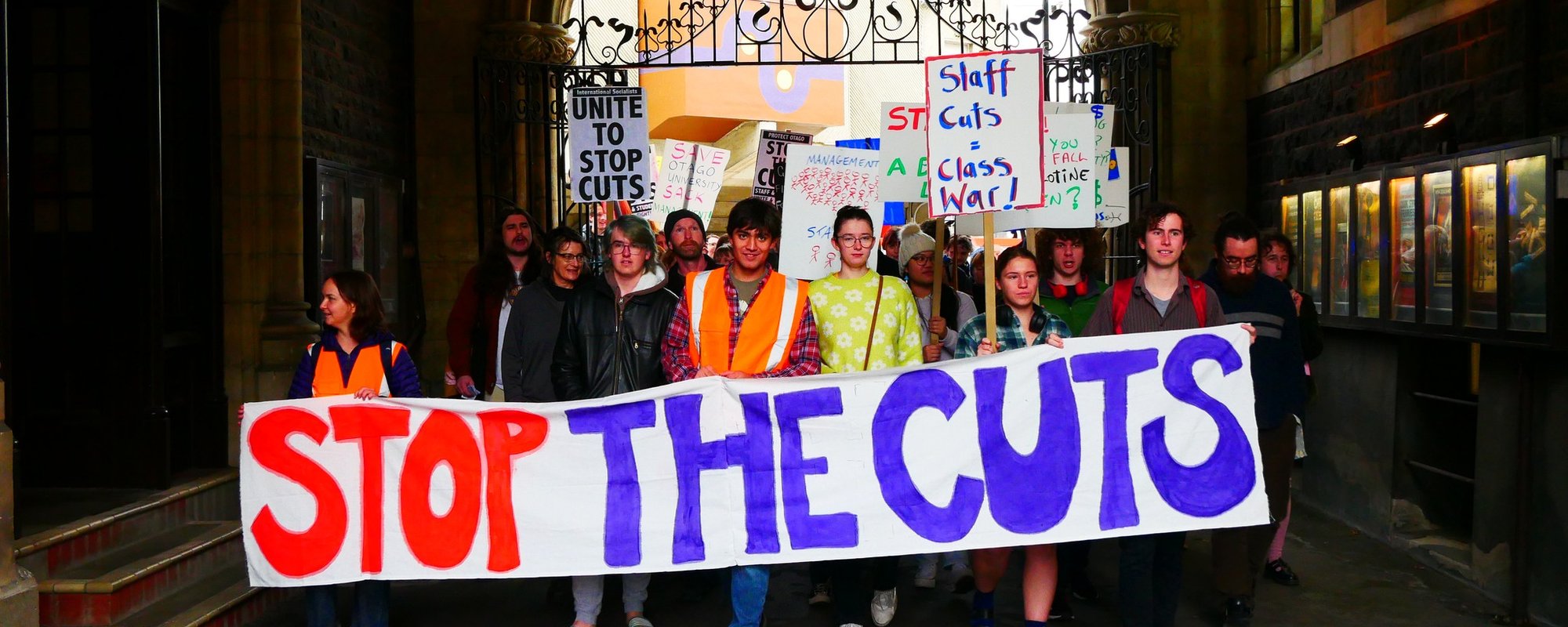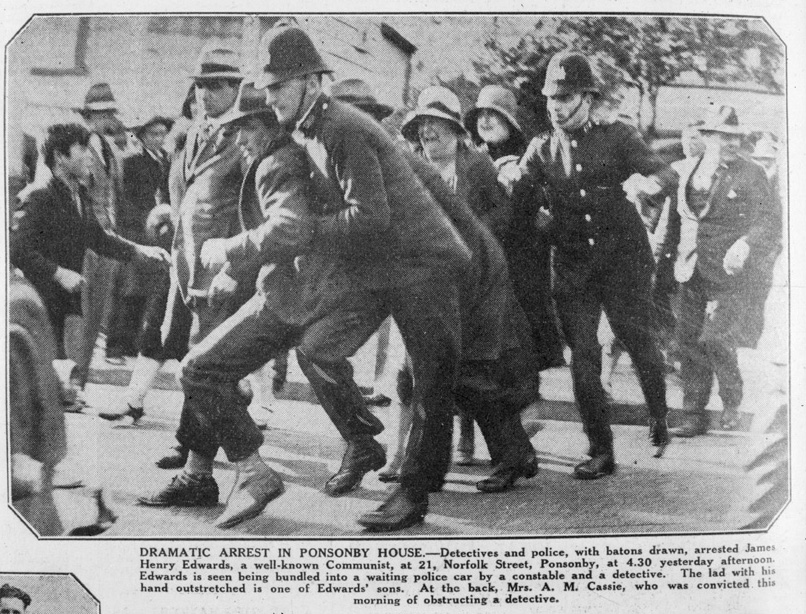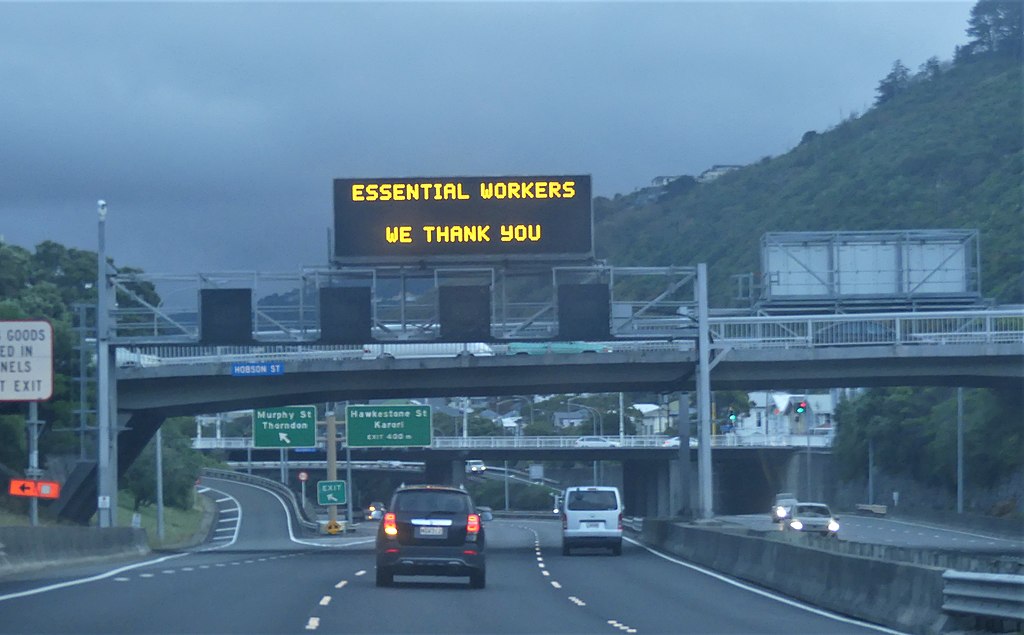This was an election that Labour contrived to lose. The most dramatic shift in party support was the drop in the Labour vote from 50 percent in 2020 to towards half of that this time. Every other party gained. Labour lost votes to the Greens and Te Pāti Māori, which demonstrates that Labour managed to alienate a substantial left-wing constituency. Chris Hipkins and Labour’s strategists can only blame themselves for timidity aimed at winning swing voters, but which proved to be an approach that cost Labour dearly. The policy of ruling out any wealth taxes, despite wealth taxes being a popular idea, typified this attitude. In May a Newshub-Reid poll asked: “Would you support the Government introducing a wealth tax.” 53.1 percent answered yes to 34.7 saying no.
But it was not just the tax policy failure that cost Labour the election. It was their general right-wing approach that has seen under-funded public services remain in dire straits, no real action on climate change, failure to build the public housing desperately needed, failure to deliver on Fair Pay Agreements, and failure to boost benefits and end child poverty. In 2017 we were promised transformation. After six years we were still waiting for it, and there was still stupendous wealth concentrated in the hands of a tiny few and hard times for the many.
Labour has already started to make excuses: COVID, the disaster at Whakaari, the Gabrielle cyclone, and, most of all, the cost of living. Labour’s neoliberal approach to the inflation crisis was to allow the Reserve Bank, which is publicly-owned, to hike up interest rates to deliberately cool the economy, heaping the burden of the crisis onto the working class. Labour presided over falling incomes relative to prices. Public service workers had to take strike action to soften the pay cuts in real terms that the government struggled to impose. Labour’s only attempts at price controls were to subsidise fuel and public transport, but even those temporary measures were ended before the election. The policy of taking GST off fresh fruit and vegetables, a small step in the right direction, was not felt in voters’ pockets as implementation was pushed out to April 2024.
The root cause of Labour’s failure to protect the living standards of the majority of the population, and thus lose the election, runs deeper than bad strategic decisions. Labour’s reformist politics leaves the party beholden to capitalism. Labour ministers habitually kowtow to the business community. Labour’s support base lies within the working class and particularly among union members. Their needs, however, are second to businesses’ in Labour’s priorities. Reforms, and let’s acknowledge that Labour did introduce some, are only granted within limits that do not threaten capitalist interests too much.
The standard procedure for reformist Labour-type parties after they lose an election is to conclude that they were too left-wing to win the centre ground and, therefore, must steer to the right. The notion that Labour was too left in this election is ridiculous. The question Labour should be asking is: Why did so many working-class people not vote? Advance votes before Polling Day were down from 1,976,996 in 2020 to 1,376,366. Trade unionists and Labour voters have the right to demand, and should demand, that Labour must now turn to the left and stand up for workers and the oppressed inside, and especially outside, parliament.
At the time of writing half a million special votes had not been counted. They are likely to deliver a couple of seats to the Labour-Green-Te Pāti Māori bloc in the final count. The only crumb of comfort in this is that National and ACT have not achieved the numbers for their preference of a two-party coalition. Chris Luxon must do tricky deals with David Seymour and Winston Peters. A three-party coalition may not be so stable; let’s hope.
The right-wing victory is a threat to Māori, transgender people, the working class as a whole and all the oppressed. It is too early to discern the attacks that will be coming our way, but it is certain that the new government will want to get a few wins (for them) early on. We will be on the defensive, struggling to preserve what we have. But this is not a counsel of despair. Resistance can beat off attacks from a right-wing government if enough people are persuaded to take action.
A key question is the nature of the inevitable resistance that will arise. Parliament will have little relevance. What will matter is the gathering of resisters “on the streets” – at protests, rallies and marches – and in industrial action where workers have their greatest strength. Over the last six years the elevated numbers of strikes have proven their worth time and time again. With this track record, I doubt that strikes will plummet to the record low levels seen under the Key-English administrations.
For the time being, the character of fightbacks against attacks launched by a Luxon government are unknown. Labour, no doubt, will want to focus on parliamentary posturing and the 2026 election. Will the Greens and Te Pāti Māori also have an overly parliamentary focus? Let’s hope not. Irrespectively, the International Socialist Organisation and other socialists will have a clear role to play in pressing for ever greater unity in action and linking specific struggles together against the common enemy – the employer class and imperialist capitalism.








